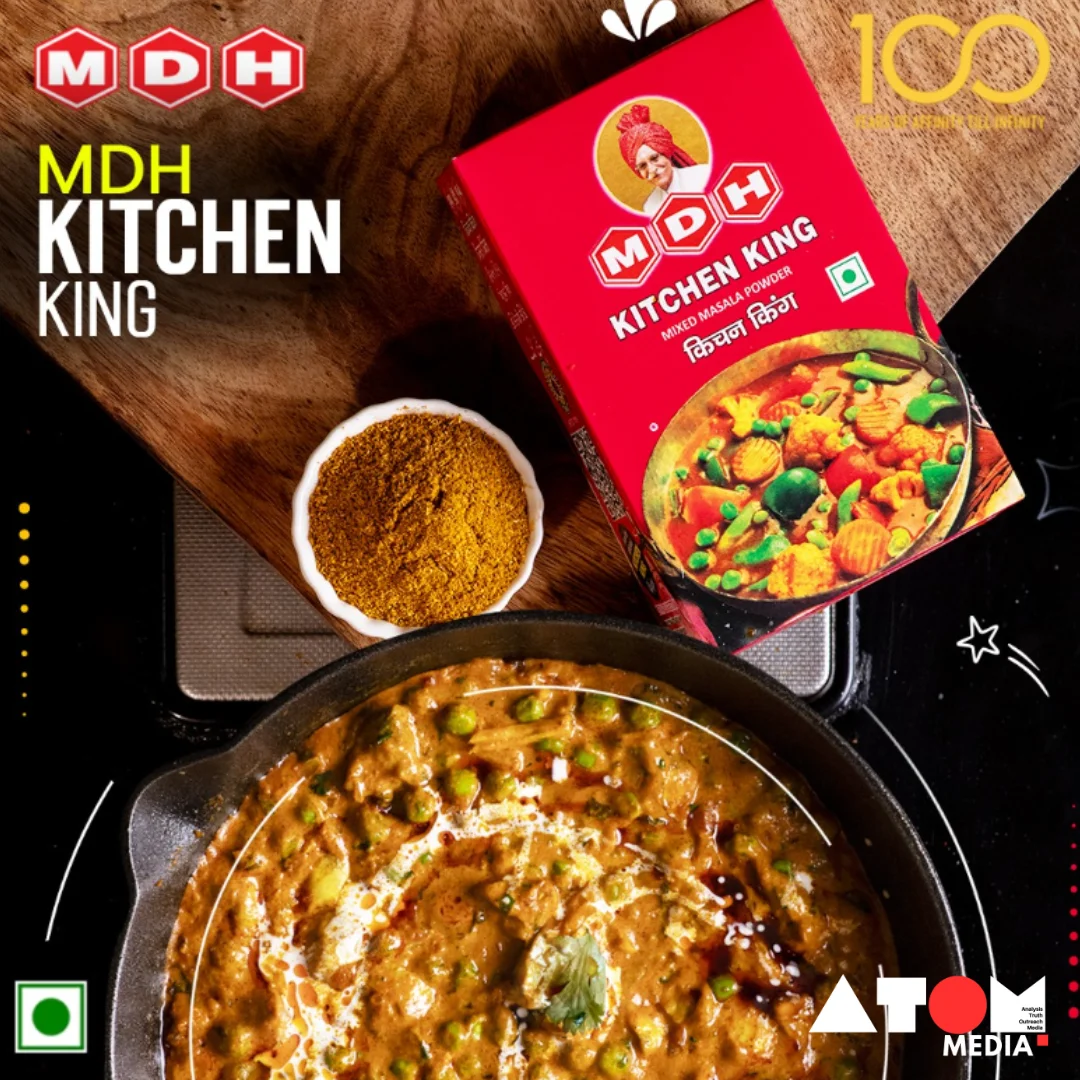Nepal has lately joined Singapore and Hong Kong in restricting the consumption and sale of spices produced by Everest and MDH. This action comes amid growing concerns about the inclusion of dangerous substances in the items. Nepal’s Department of Food Technology and Quality Control has begun rigorous testing of spices from these two Indian companies for ethylene oxide, a chemical linked to cancer. The restriction covers not just the import but also the selling of Everest and MDH spices in Nepal.
Concerns Triggering the Ban
The decision to ban Everest and MDH spices in Nepal derives from rising worry about the presence of ethylene oxide, a possibly carcinogenic chemical, in these goods. Mohan Krishna Maharjan, spokesperson for Nepal’s food technology department, underscored the importance of the situation, noting that tests are presently being conducted to determine the existence of these chemicals. The prohibition is expected to be in effect until conclusive data on the safety of these spices are obtained.
Global Ramifications
The ban on Everest and MDH spices does not apply to Nepal alone. Other countries have taken similar moves, including Singapore, Hong Kong, New Zealand, the United States, and Australia. These nations have either banned sales or launched inquiries into the safety of spices made by these well-known Indian brands. Jenny Bishop, acting deputy director general of New Zealand’s food safety regulator, stressed the issue’s worldwide scope, particularly given the availability of MDH and Everest spices in their market.
Previous Actions by Hong Kong and Singapore
Prior to Nepal’s ban, Hong Kong and Singapore had taken steps to resolve safety concerns about Everest and MDH spices. In April, the Hong Kong Food Safety Authority banned the sale of four spice items from these brands. As a result, Singapore’s Food Agency (SFA) withdrew Everest’s Fish Curry Masala because the quantity of ethylene oxide exceeded allowed limits. These initiatives demonstrate how seriously governments are taking the issue of food safety.
Response from India’s Food Safety Authority
In view of the international examination of Everest and MDH spices, India’s Food Safety and Standards Authority (FSSAI) has also taken action. The FSSAI has ordered rigorous quality inspections on these brands’ products and has requested detailed information from food safety regulators in Hong Kong and Singapore. This proactive posture underlines India’s dedication to the safety and integrity of its food products, both domestically and internationally.
Implications for Everest and MDH
For decades, MDH and Everest have been linked with high-quality spices in India, and they have gained enormous popularity both domestically and globally. However, recent prohibitions and scrutiny have tarnished their reputation. Companies are anticipated to confront substantial problems in recovering consumer trust and responding to regulatory concerns raised in various nations.
The prohibition on Everest and MDH spices in Nepal emphasizes the necessity of food safety legislation and strong quality control methods. As consumers become more cognizant of the items they consume, food manufacturers must prioritize safety and transparency in their operations. The combined efforts of regulatory agencies and industry partners are critical to protecting public health and maintaining the integrity of the global food supply chain.
Read more: Marketing News, Advertising News, PR and Finance News, Digital News





